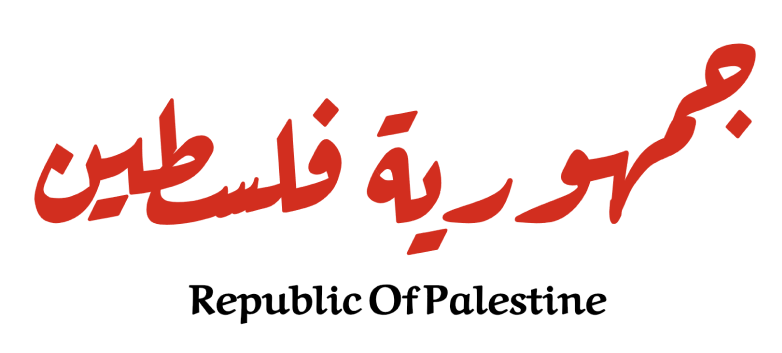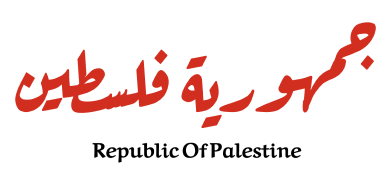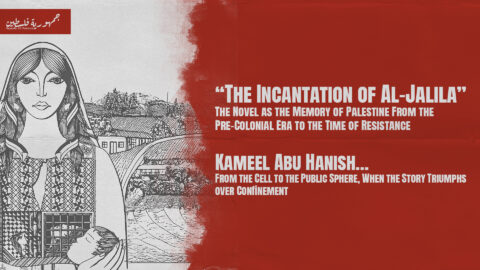The Balfour Declaration of November 2, 1917, was not a minor episode in political history, nor merely a “promise” as it is often described, but rather a foundational colonial document emerging within the context of the Western imperial project in Asia and Africa. The declaration represented the convergence between British and Zionist colonial interests, under a broader vision to reshape geopolitical influence in a way that would secure continued Western hegemony after World War I.
The declaration took the form of an official letter from British Foreign Secretary Arthur James Balfour to Baron Lionel Rothschild, one of the leaders of the global Zionist movement, following three years of negotiations between the British government and the Zionist Organization. During these negotiations, Zionist leaders were able to convince Britain that establishing a national homeland for the Jews in Palestine would serve British strategic interests in the region, protect the route to India, and secure British influence in Asia and Africa, using Palestine as a base for this colonial project.
The Balfour Declaration was not a unilateral British decision, but rather an integrated Western project. Britain presented the text of the declaration to U.S. President Woodrow Wilson, who approved it before it was published. France and Italy formally approved it in 1918, followed by Japan. At the San Remo Conference in 1920, the Supreme Council of the Allies (Supreme War Council, SWC) incorporated it into the British Mandate for Palestine. In July 1922, the League of Nations ratified the mandate, which came into effect on September 29, 1923. Thus, the declaration became a joint Western international commitment — not merely a British “promise,” but an instrument of modern imperialism.
Understanding the Balfour Declaration requires situating it within the context of European modernity, which linked the concept of progress to domination and superiority. Modernity was not a project of human liberation as claimed, but fundamentally a colonial expansionist structure based on the premise of European superiority. This duality — freedom within Europe, subjugation and enslavement outside it — laid the foundation for the notion of “guardianship” over non-European peoples. The same logic underpinned the 15th-century Doctrine of Discovery, by which the Catholic Church granted European powers the right to seize lands belonging to “non-Christians.” The Balfour Declaration reproduced this principle centuries later, when Britain contributed to the occupation of an inhabited land and brought in settlers from different nationalities under the artificial label of “Jewish nationalism.”
Both documents — the Doctrine of Discovery and the Balfour Declaration — stem from a supremacist worldview that considers indigenous peoples politically incompetent and in need of “civilized tutelage.” Just as the Doctrine of Discovery justified the genocide of Indigenous peoples in the Americas under the banner of “spreading the faith,” the Balfour Declaration justified the uprooting of the Palestinian people under the banner of a “national homeland for the Jews.” The declaration thus embodies the colonial face of modernity.
Colonialism in the Americas and Palestine shares the same structure: a settler-colonial project based on erasing the native population and replacing them with new settlers. In the Americas, white nation-states arose on the ruins of Indigenous peoples annihilated culturally and physically; in Palestine, the Zionist state arose on the ruins of a people deprived of their land and identity. Just as the United States became a modern power built on genocide, “Israel” became the contemporary continuation of the European colonial project.
November 2 is not merely a commemoration of a past event, but rather a date marking a colonial instrument that remains in effect to this day. The Balfour Declaration did not end with its text; its impact has continued through a century of occupation, settlement, displacement, and siege. What is happening in Palestine today — killings, starvation, and destruction — is a direct continuation of that colonial document, culminating in what many identify as genocide within a settler-colonial context. This description puts the Balfour Declaration back in its rightful place: as one of the documents of modern colonial crime.
In this reality, Palestinian factions today face a historic responsibility that goes beyond issuing statements of condemnation on this date. They are called to form a unified national liberation strategy based on unity and internationalist principles against Zionist colonialism and imperialism. Ethical and political responsibility requires working to end the occupation, stop genocide in all forms, and build a national movement that redefines the struggle as one of liberation against a colonial structure — not a limited political conflict marked only on certain dates of the year.
Meanwhile, the international community — its institutions and free peoples — bears direct responsibility in confronting this ongoing crime. Pressure to revoke the Balfour Declaration in form and substance, to recognize its historical, legal, and political invalidity, and to hold accountable the powers that implemented it or remained silent represents essential steps toward historical justice.
Viewed through the lens of colonial modernity, the Balfour Declaration was not a promise to create a homeland, but rather an imperialist tool designed to dismantle an existing homeland of more than 4,000 years, called Palestine. It continues the same logic that justified seizing others’ lands, and the imperialist mindset that equates hegemony with modernity and reduces the “other” to a means of affirming European superiority.
Overcoming this legacy can only be achieved by abolishing the declaration, confronting its imperialist structure, and restoring Palestine as a global political and human liberation cause against modern colonialism in all its forms. Only then can modernity be redefined, not as a project of hegemony but as a pursuit of justice and full human freedom.
-The editorial staff of the Republic of Palestine






